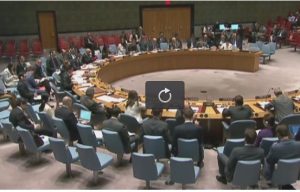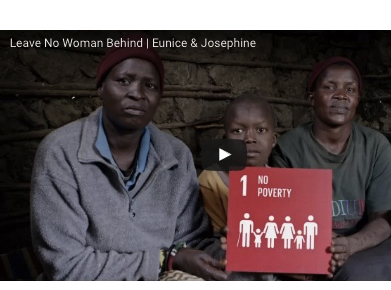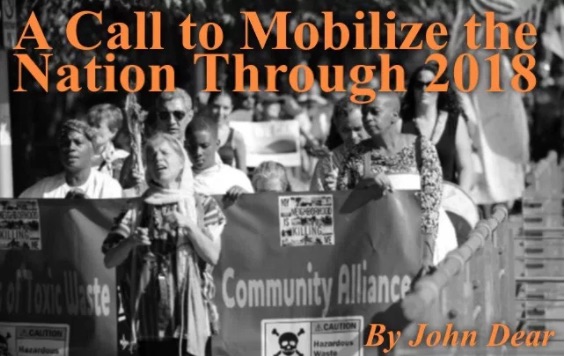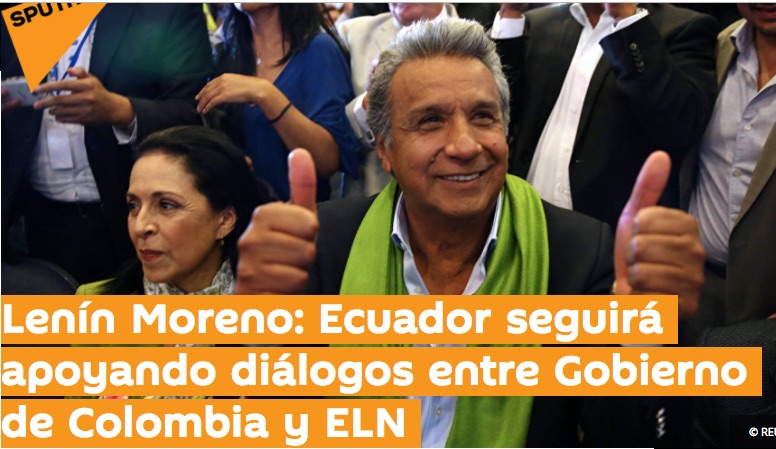It has been a busy month at CPNN, reflecting progress in many areas of the culture of peace (37 articles in English, 8 of which also in Spanish and 5 of which are in French).
Four of the articles follow the ongoing development of negotiations at the United Nations for a treaty to ban nuclear weapons. As the July 7 deadline for the vote approaches, the work has been intense by Member States and Non-Governmental Organizations. Delegations from the Member States concluded their first read-through of the entire draft on June 21, and a revision on June 27.
The nuclear states and their allies are boycotting the negotiations; hence the treaty will not affect them directly. However, there are a number of proposed elements of the draft treaty which could impact them indirectly, although agreement on these proposals is proving to be difficult to achieve. They include proposals to prohibit the transit of, threat to use, and financing of nuclear weapons.
Nuclear-armed states currently spend US$100 billion collectively on nuclear weapons programs annually and the corporations manufacturing the weapons and their delivery systems are a major driver of the nuclear arms race. If all of the States joining the nuclear ban treaty divested their public funds from these corporations, and disallowed banks from investing in them, it could radically change the economics of the nuclear arms industry. And it would give support to efforts of parliamentarians and civil society in the nuclear arms States to cut the exorbitant nuclear arms budgets and re-direct these funds to health, education, jobs, environment and sustainable development.
We see an example of this strategy in the decisions this month by the U.S. Conference of Mayors at their annual meeting. They supported two resolutions submitted by member cities urging Congress to move funding out of the military and into human and environmental needs rather than the reverse. And they adopted a new resolution which concludes as follows:
“BE IT FURTHER RESOLVED, that The United States Conference of Mayors urges all U.S. mayors to join Mayors for Peace in order to help reach the goal of 10,000 member cities by 2020, and encourages U.S. member cities to get actively involved by establishing sister city relationships with cities in other nuclear-armed nations, and by taking action at the municipal level to raise public awareness of the humanitarian and financial costs of nuclear weapons, the growing dangers of wars among nuclear-armed states, and the urgent need for good faith U.S. participation in negotiating the global elimination of nuclear weapons.”
Meanwhile, four of this month’s articles follow the progress towards peace in Colombia. On June 26, the United Nations announced that the FARC has completed the process of turning in their weapons as called for in last year’s peace agreement. And on June 6, the Colombian Government and the other guerilla group, the ELN, announced that they reached a series of agreements, including international financing to push forward the peace process. Although violence continues in many regions of the country, there are important grass-roots initiatives to promote non-violence, including “Community Radios for Peace and Coexistence”, launched in mid-2016, with support from the European Union. This supports 400 of the 627 community radio stations in Colombia to generate a culture of peace in the most remote rural areas, those most affected by the armed conflict.
Seven articles this month reflect the ongoing progress in peace education around the world, including initiatives in the Dominican Republic, Northern Ireland, Ecuador, Mexico and Cote D’Ivoire, as well as plans for the annual meetings of the International Institute for Peace Education and the Asia-Pacific Peace Research Association.
Also three articles inform us about the continuing development of journalism and writing for a culture of peace in Africa. A regional seminar on “ The role of journalists and the media in preventing violence” was sponsored by the United Nations in Dakar, Senegal. Also in Dakar, the members of the Writers’ Union of Africa, Asia and Latin America refirmed their commitment to promote a culture of peace. “Children, adolescents and adults who read us need to read positive things that can boost their creativity, and it is in peace that we can create,” said the Special Advisor to the President of the Republic, Macky Sall. And in Uganda, traditional leaders who have been active in the peace and reconciliation efforts say that peace journalism as a tool has been “useful in mobilising people and reaching out to rebels”.
Finally, in a good surprise for the peace movements around the world, Jeremy Corbyn, the leader of the British opposition Labour Party and former chairman of the Stop the War Coalition, led his party to a remarkable advance in the recent General Elections. It was all the more remarkable because the attacks by his opponents and much of the mainstream media against his anti-war positions seem to have backfired, and to have helped rather than hurt him and his party in the elections. It seems that British voters want peace instead of continuing their involvement with the various wars and military threats headed up by the United States and NATO.
|
DISARMAMENT AND SECURITY |
TOLERANCE AND SOLIDARITY |
DEMOCRATIC PARTICIPATION |
SUSTAINABLE DEVELOPMENT Montreal: Official Conference of the UN International Year of Sustainable Tourism for Development |
|
WOMEN’S EQUALITY |
HUMAN RIGHTS |
FREE FLOW OF INFORMATION |
EDUCATION FOR PEACE |






